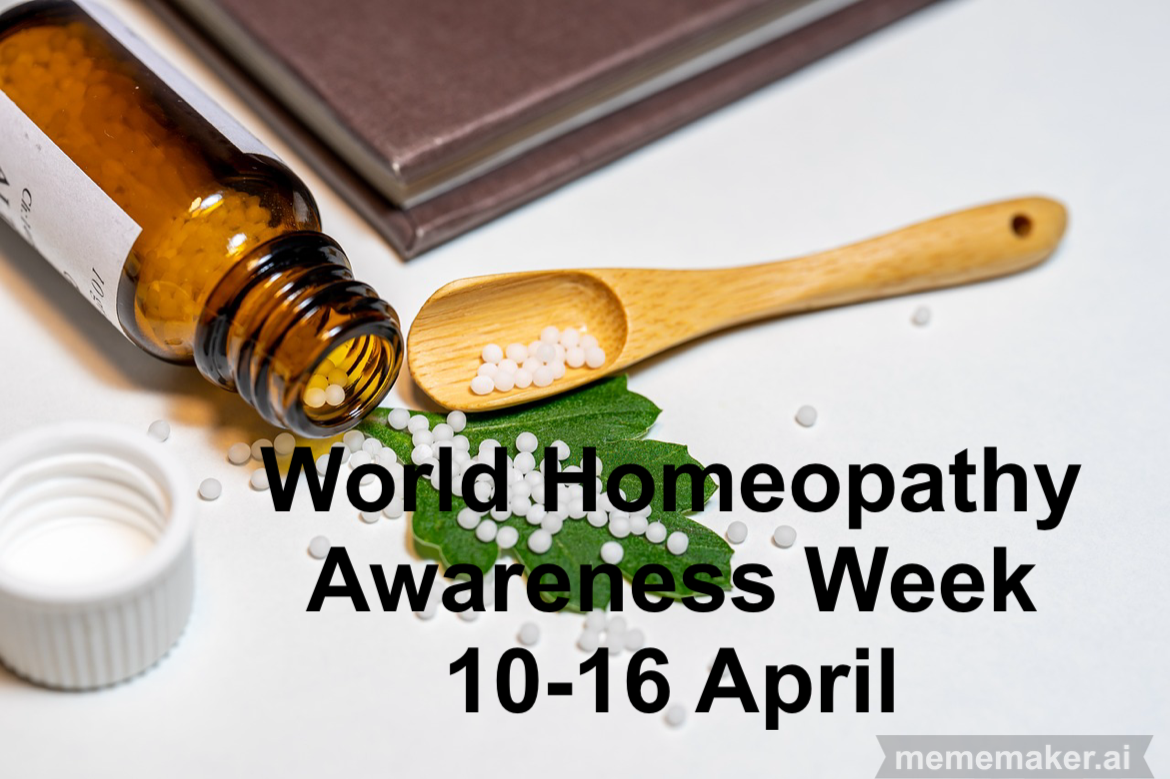Dr Constantine Hering
Constantine Hering was born on January 1st, 1800 in Oschatz, Saxony, and today is the anniversary of his death, July 23, in 1880. He was a boy with a great interest in learning, and went to medicine, studying at the University of Leipzig. Like many, Hering was a skeptic of this new field of medicine, homoeopathy, and he decided to repeat Hahnemann’s original proving with Cinchona in order to discredit him. Shortly after that he received a wound on his …












